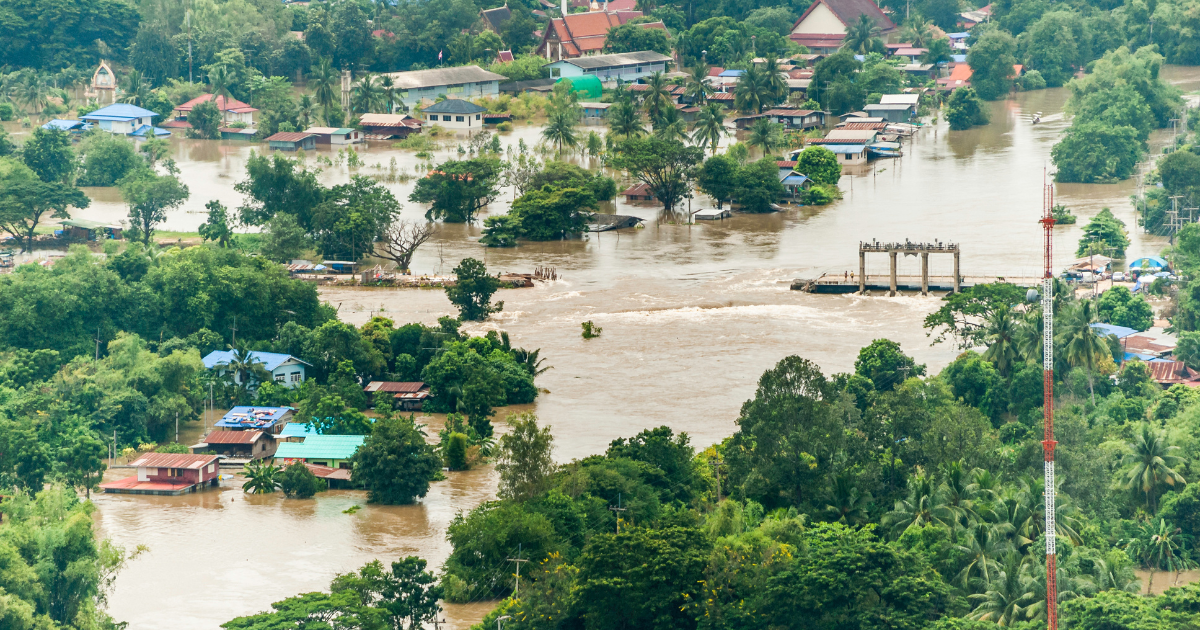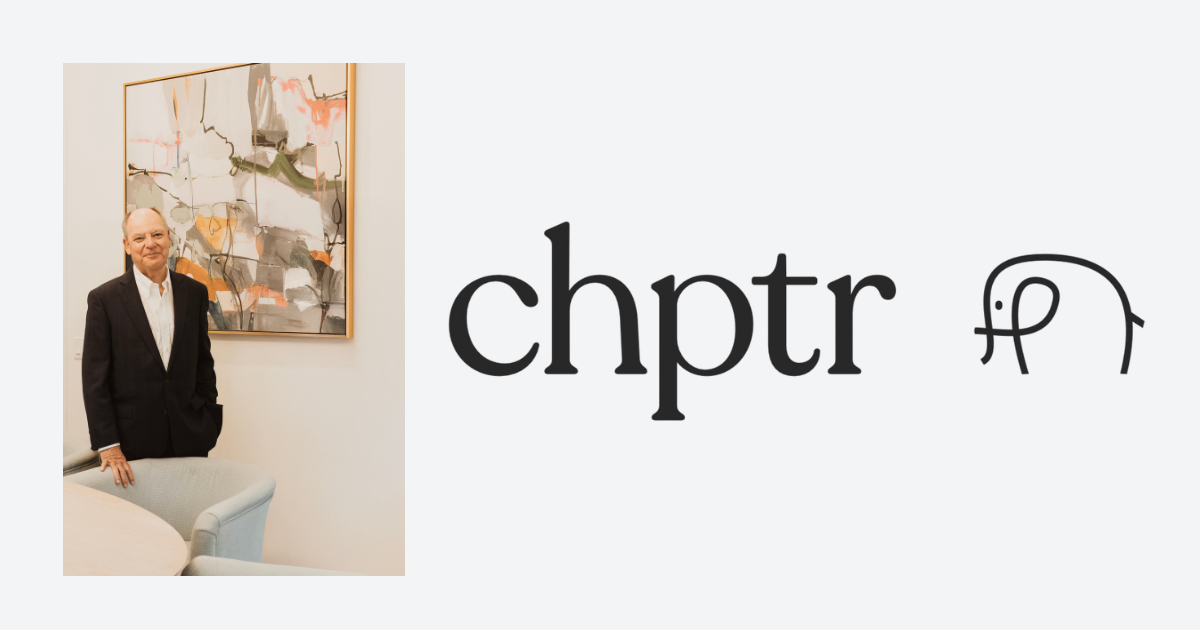DMORT, Deathcare, and the Hurricane Helene Devastation
The devastation from Hurricane Helene’s September 26 landfall and subsequent crawl across the southeast is difficult for most Americans to comprehend. Each day brings worse news, including a death toll that as of October 6 had grown to 227 per the Associated Press. While facts from the affected areas are currently being clouded by rumors and politically-fueled innuendo, there’s one terrible thing that we know for sure: There will be more bodies, and deathcare professionals will play a crucial role in their identification, proper storage, and respectful disposition.
Defining DMORT
On October 1, the National Funeral Directors Association (NFDA) issued an important statement in support of all deathcare professionals, detailing resources that will be available to those impacted and opportunities for others to assist with monetary donations. The NFDA also shared that DMORT teams were being deployed to the front lines.
DMORT, which is short for Disaster Mortuary Operational Response Team, is a division of the U.S. Department of Health and Human Services (HHS) National Disaster Medical System (NDMS). It was formed in the 1990s, thanks in large part to the efforts of an NFDA committee that was formed to create a more effective and organized system of response to mass casualty situations.
There are nine DMORT divisions that cover different geographic regions. Region IV, for example, covers most of the southeastern U.S., including North Carolina, Georgia, Florida, South Carolina, and Tennessee — all of which have reported Helene-related deaths. On October 2, the White House reported that two of these teams had been deployed to North Carolina, specifically.
Each DMORT team is made up of about 80 to 100 skilled civilians, including funeral directors, medical examiners, and coroners along with forensic, administrative, logistics, and security specialists. Much like the U.S. Army National Guard members or military reservists, DMORT members can be activated and deployed for duty at any time, and will be treated (and paid) as temporary federal employees.
The role of these teams
Once on the scene of a mass fatality disaster, members of DMORT set up alongside local, state, and federal teams to provide a variety of services, which, according to the HHS Administration for Strategic Preparedness and Response (ASPR), could include:
- Tracking and documenting human remains and personal effects
- Establishing temporary morgue facilities
- Assisting in the determination of cause and manner of death
- Collecting ante-mortem data
- Collection of medical records, dental records, or DNA of victims from next of kin to assist in victim identification
- Performing postmortem data collection
- Documentation during field retrieval and morgue operations
- Performing forensic dental pathology and forensic anthropology methods
- Preparing, processing, and returning human remains and/or personal effects to appropriate recipients
- Processing and re-interment of disinterred remains
- Providing technical assistance and consultation on fatality management and mortuary affairs
Basically, these professionals are tasked with performing services from within their particular area of expertise in an environment that can be unpredictable, uncomfortable, and anything but routine. Performing the duties of deathcare in a mobile morgue for hours and days and weeks on end, as the condition of the incoming deceased inevitably worsens is surely one of the most mentally and physically challenging tasks any deathcare professional can undertake.
Who can be part of DMORT?
Although the existence of DMORT is not a secret, there is little information available online about these teams and their members. Even Reddit’s deathcare-related subreddits offer only speculation. However, we can get a better understanding of what it’s like to be a part of this elite team from its own members. For example, in November 2023, NFDA’s Remembering a Life Podcast focused on the role of funeral directors in a mass fatality situation, interviewing DMORT member Tim Schramm.
Schramm, a funeral director and owner/CEO of Howe-Peterson Funeral Home in Taylor and Dearborn, Michigan, serves as commander of the Michigan Mortuary Response Team (MI MORT) in addition to being a member of DMORT. During his interview with NFDA, he explained that his DMORT group meets at least monthly for training and to review and update their standard operating procedures so that they are always prepared for responding to the next disaster.
Because DMORT members are technically federal employees, applicants must apply through the federal intermittent employment process, which includes extensive background checks and could take up to six months to complete. Although qualification criteria is not specifically spelled out on the HHS ASPR employment website, it can be assumed that applicants from the deathcare sector must have a minimum amount of experience in the profession (some Redditors claim this is one to two years of work experience). The site does specify that accepted applicants must maintain all applicable licensure and certification requirements.
In his NFDA interview, Schramm explained that his passion for helping others — the same passion he says most deathcare professionals possess — is what led him to join DMORT. In addition, Schramm says applicants must be familiar with the Federal Emergency Management Agency’s (FEMA’s) incident command structure, a protocol that is practiced during DMORT’s monthly training.
What to expect
When we reached out to Tim Schramm to learn more about how DMORT would be utilized during the Hurricane Helene response, we found that his region’s team was one that was being deployed to the affected areas. Our thoughts and prayers are with Schramm, his team members, and of course, the families with whom he will be interacting to determine if their loved ones have been recovered.
“It takes a toll on you personally also if you are connecting that way,” Schramm said on the NFDA podcast. “But on the opposite side, that’s why I do it because I want to help other people. I want to make a difference in their life somehow, some way. And so it’s an amazing honor and privilege to be there to just try and help in whatever way I can. And that’s what motivates me. That’s what drives me. That’s why I’m willing to go and do that.”




